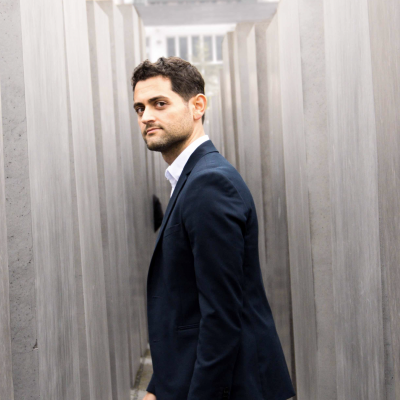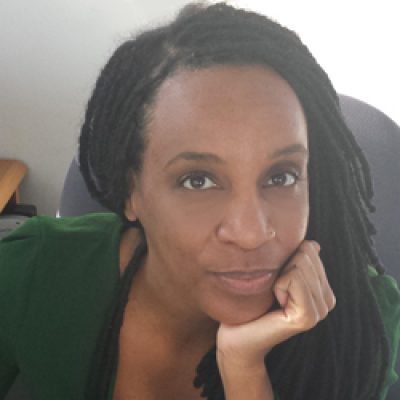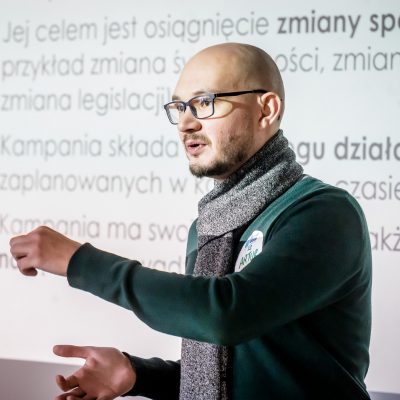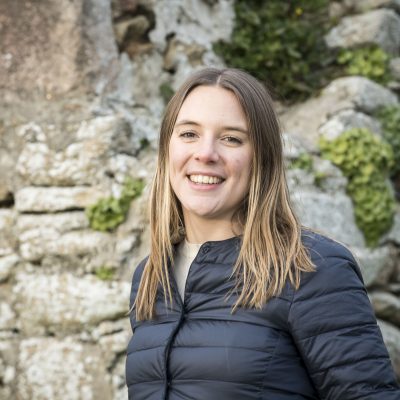Article
Cihan Tekeli holds Philosophy and Islamic Studies degrees from the University of Leiden. He is a Humanity in Action Senior Fellow (Amsterdam, 2008) and has worked for over 12 years as a project leader at the department of education of the Anne Frank House. In 2015 he was a visiting fellow at the Southern Poverty Law Centre in Montgomery, Alabama. Currently, he works as a program manager for the educational department of the European Space Agency and as a freelance trainer for the Dutch Police. His expertise is in methods of Deep Democracy, effective communication, peer education and science communication.
Through the Amsterdam Fellowship in 2008 and the Congressional Fellowship in 2009 Cihan has learned how to challenge his own views and began to form a passion for education. Being a part of the extensive Humanity in Action network has allowed him to stay up to date on current social justice discourse beyond the topics he actively works on in his own life. Cihan realizes that we need different kinds of people working toward change. Without social and political activists, “fundamental discussions do not start and change does not really happen. Educators and people who push the discussions need each other.” The Senior Fellow community plays a large role in this for Cihan. It has allowed him to connect, network and exchange with Senior Fellows from various fields and identities who may work with different methods on different issues, yet support and care for each other.
Cihan’s Action Project, the Srebrenica Study Day, raised awareness of Dutch involvement in the Srebrenica Genocide against the backdrop of national school curricula that largely omit this particular part of Dutch history. Cihan credits the Humanity in Action Fellowship in giving individuals the opportunity to teach about identities, backgrounds, and histories that are often forgotten or marginalized. To Cihan, education is one of the most important aspects of activism; raising awareness and educating people on these topics invites them to critically explore them, which is becoming increasingly important in today’s museum culture.







